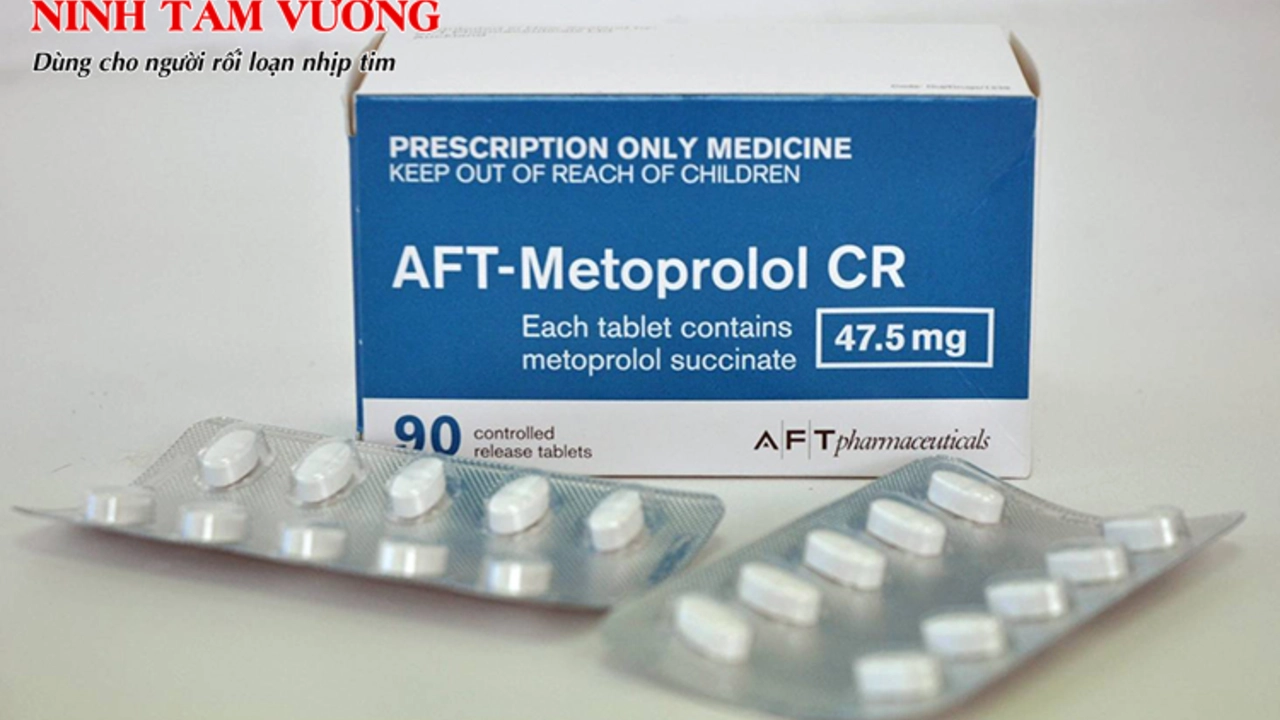Beta-blockers: what they do and who needs them
Ever notice your heart racing during stress or exercise? Beta-blockers calm that response. These medicines slow your heart rate, lower blood pressure, reduce chest pain, and help control certain rhythms. They’re common, effective, and used for a range of issues from high blood pressure to migraines.
When doctors prescribe them
Here are the main reasons you might see a beta-blocker on your prescription: high blood pressure, angina (chest pain), heart failure (certain types), atrial fibrillation and other arrhythmias, prevention of migraine, essential tremor, and performance anxiety. Some—like carvedilol, metoprolol succinate, and bisoprolol—are proven to improve outcomes in heart failure. Propranolol is often chosen for migraine prevention and anxiety symptoms.
Common names you’ll hear: metoprolol, atenolol, propranolol, bisoprolol, carvedilol, nebivolol, and nadolol. They behave slightly differently—some are short-acting, some once-daily, and a few block extra receptors—so your doctor picks one that fits your condition and lifestyle.
What to watch for: side effects and safety
Side effects are usually predictable: tiredness, dizziness, slower heartbeat, cold hands or feet, and sometimes sleep changes or vivid dreams. If you have asthma or COPD, mention that—some beta-blockers can tighten the airways. People with diabetes should be cautious: beta-blockers can mask low blood sugar signs like fast heartbeat, so monitoring matters.
Do not stop them suddenly. Stopping a beta-blocker abruptly can cause rapid heart rate, high blood pressure, or even angina. If you want to stop, plan a taper with your doctor over days or weeks depending on dose and duration.
Drug interactions to flag: combining certain calcium channel blockers (like verapamil) or some antiarrhythmics with beta-blockers can overly slow the heart. If you’re on antidepressants, migraine drugs, or blood pressure medicines, tell your prescriber so they can check for interactions.
Pregnancy and breastfeeding need special choices—labetalol is often used in pregnancy for high blood pressure, but never self-prescribe. Older adults may feel more dizzy or fatigued; starting low and going slow usually helps.
Practical tips: check your pulse daily until you know how the drug affects you; if your resting heart rate falls below about 50 beats per minute or you feel faint, call your doctor. Take the pill at the same time each day. If it makes you sleepy, taking it at night can help. Keep a current list of all medications and show it to any new provider.
Want alternatives? For high blood pressure there are many classes: ACE inhibitors, ARBs, calcium channel blockers, and diuretics. For heart-rate control, some people use certain calcium channel blockers or targeted treatments depending on the problem. Talk options over with your clinician—choices depend on your heart, lungs, and other health issues.
If you have questions about a specific beta-blocker or a side effect you’re worried about, ask your doctor or pharmacist. Small changes—dose timing, switching a drug, or monitoring—often fix problems without stopping treatment.

